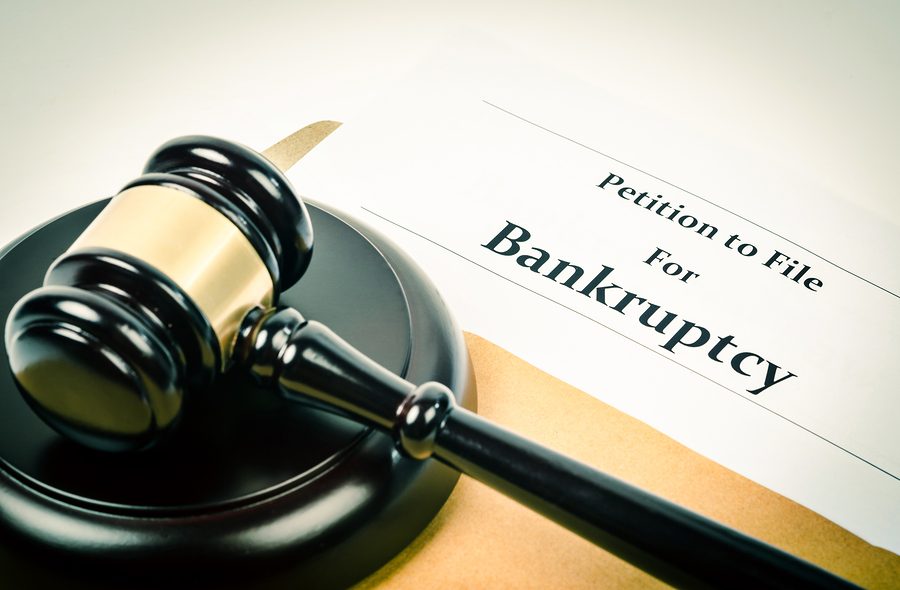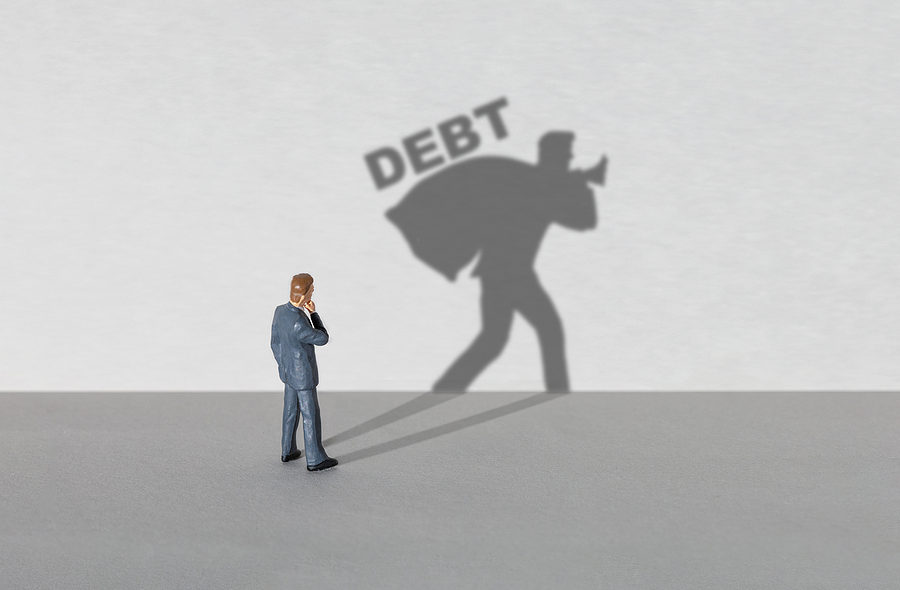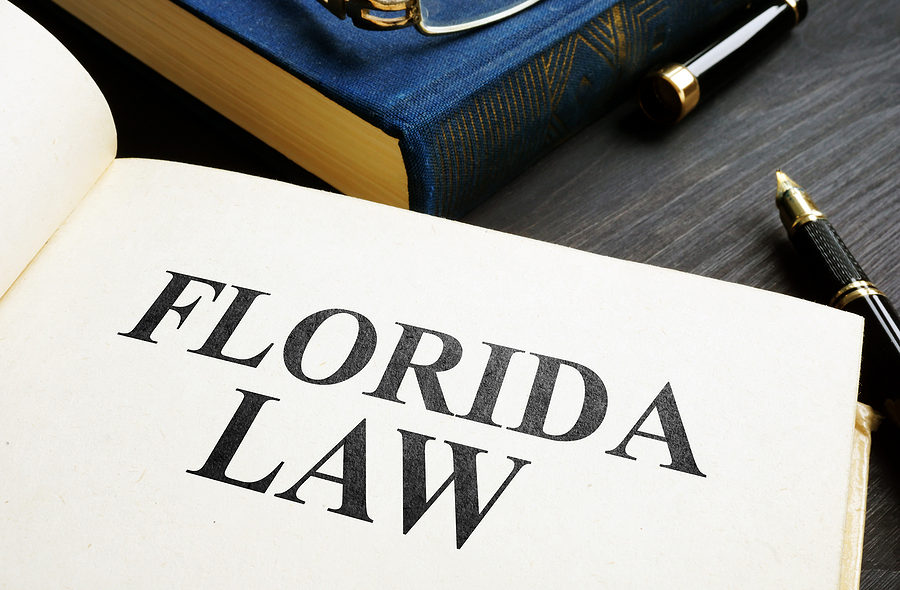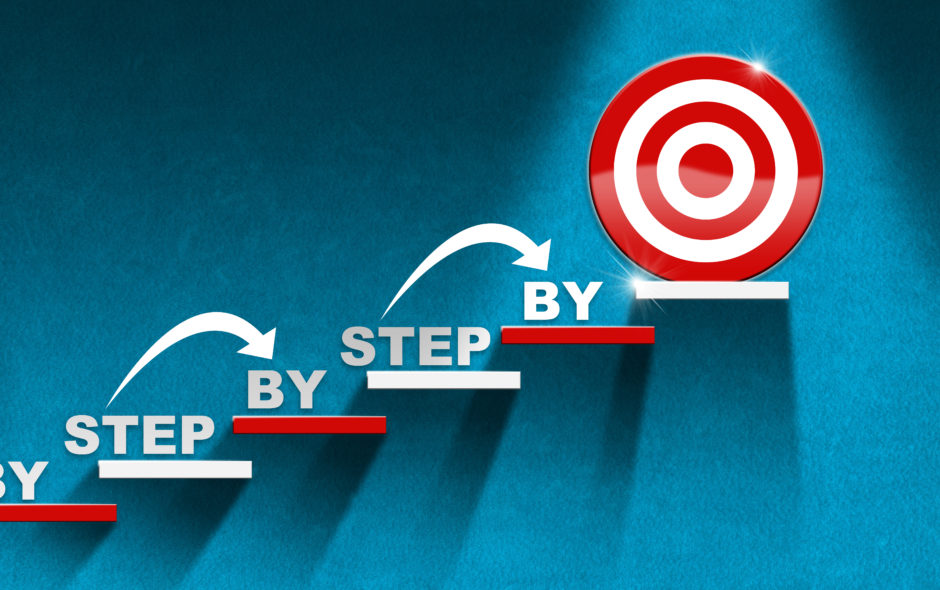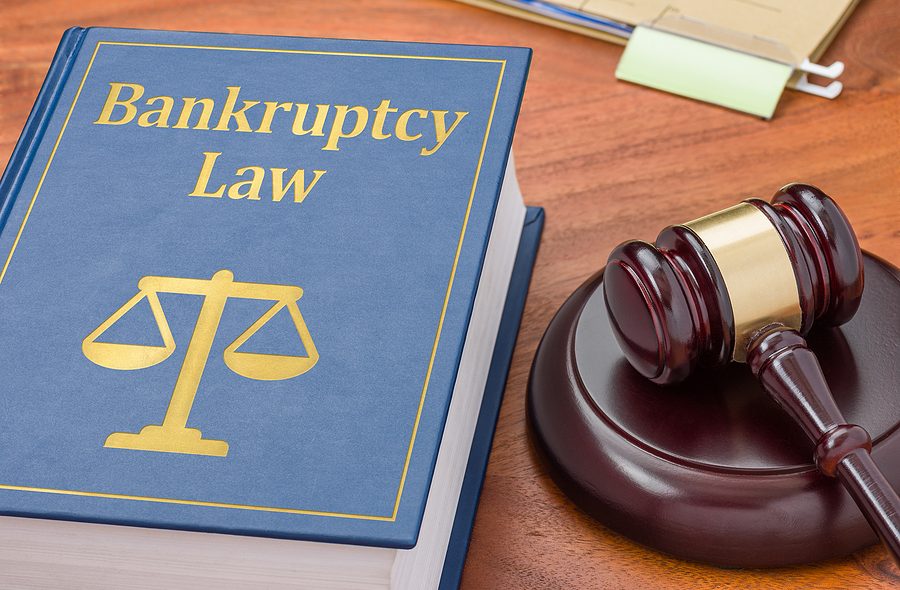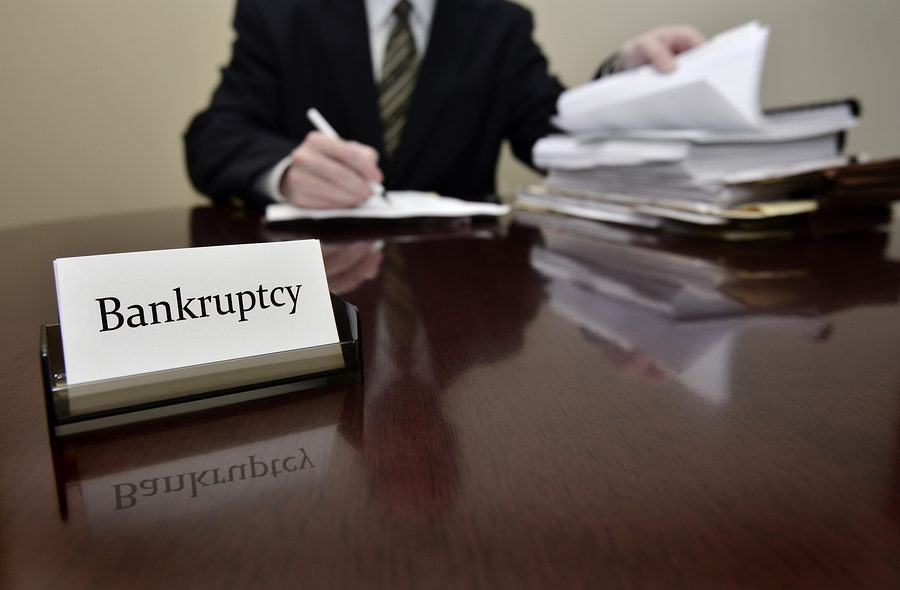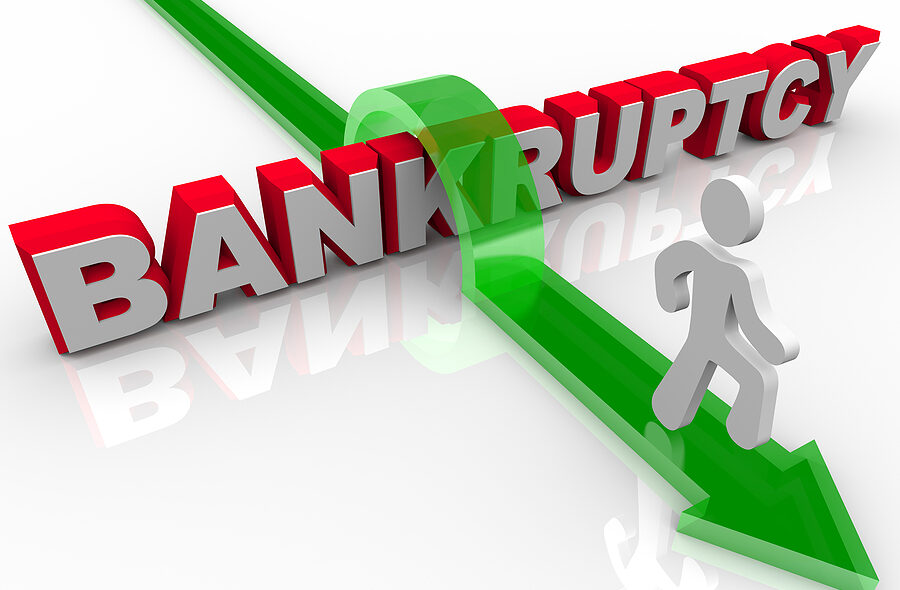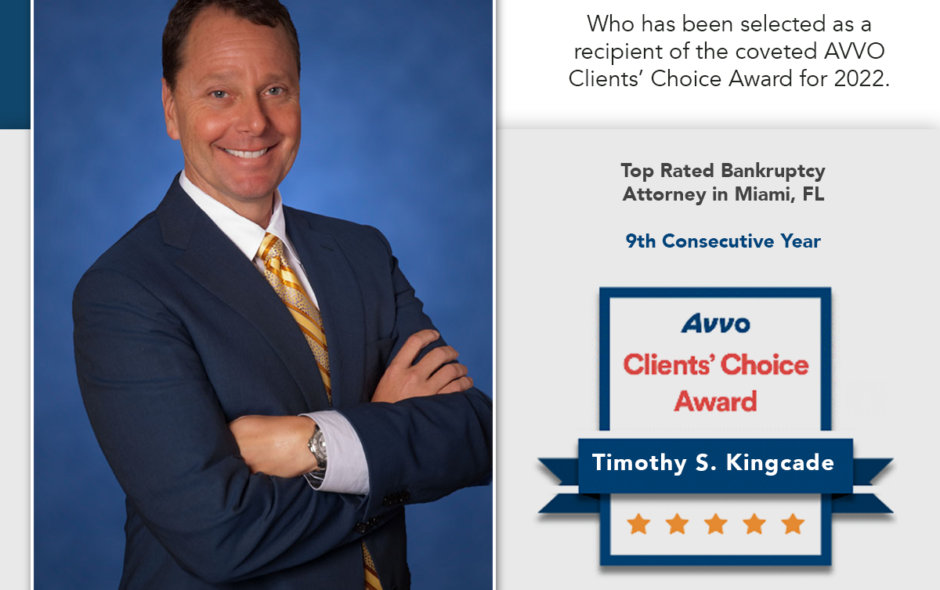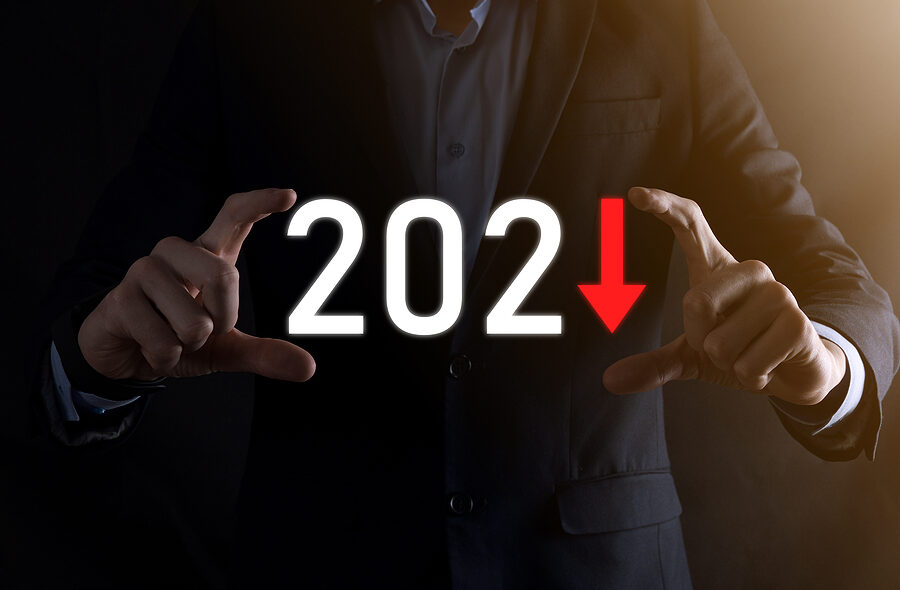Even with the ongoing COVID-19 pandemic, the number of bankruptcies filed in 2021 were down from previous years. However, financial experts fear that these lower numbers will not continue as the COVID-19 pandemic continues into 2022.
According to numbers from the federal court system, a combined total of 434,540 bankruptcy filings were made by both individual consumers and businesses through September in 2021. This figure is 30 percent lower than it was from a similar report issued previously for 2020 bankruptcy filings. According to the federal court system, 612,561 bankruptcy cases were reported for that same period in 2020 and 766,674 cases were filed in 2019 for this same period.
While it is possible that a similar trend could be seen in 2022, it is unlikely. One reason for this decrease in bankruptcy filings could be the number of increased government benefits issued in 2021, including a third round of stimulus checks, monthly child tax credit payments, and additional jobless benefits issued by the government.
Many other benefits have ended as of the end of 2021, including the eviction and foreclosure moratoriums that were keeping financially struggling consumers in their homes. Without additional aid, these individuals may have no other choice but to seek bankruptcy for relief. With no future relief efforts expected in terms of stimulus checks and monthly child tax credit payments, consumers who relied on this safety measure in 2021 to stay afloat may soon find themselves struggling. The last enhanced child tax credit was issued as of December 15, 2021, with no future plans for additional credits in the near future. Certain relief efforts are being continued, including the pause on federal student loan payments. This pause has been extended through May 1, 2022.
Traditionally, it can take a consumer up to two years of struggling financially before making the decision to file for bankruptcy. Often, this decision occurs when the person’s hand is forced through something like an eviction or foreclosure notice. However, given the fact that many consumers have been barely getting by to avoid filing for bankruptcy, that timeline may escalate somewhat once relief programs expire.
The additional factor of inflation has made the situation for many consumers worse. Many consumers have resorted to using credit cards and loans to pay for living expenses. According to the Federal Reserve Bank of New York, credit card and student loan debt rose by $61 billion to a whopping $4.25 trillion in the third quarter of 2021.
A combination of all of these factors could result in a worsening financial picture in 2022, but it remains to be seen just how much of an effect these will have on the number of bankruptcies filed in 2022.
Please click here to read more.
If you have questions on this topic or are in financial crisis and considering filing for bankruptcy, contact an experienced Miami bankruptcy attorney who can advise you of all of your options. As an experienced CPA as well as a proven bankruptcy lawyer, Timothy Kingcade knows how to help clients take full advantage of the bankruptcy laws to protect their assets and get successful results. Since 1996 Kingcade Garcia McMaken has been helping people from all walks of life build a better tomorrow. Our attorneys’ help thousands of people every year take advantage of their rights under bankruptcy protection to restart, rebuild and recover. The day you hire our firm, we will contact your creditors to stop the harassment. You can also find useful consumer information on the Kingcade Garcia McMaken website at www.miamibankruptcy.com.

